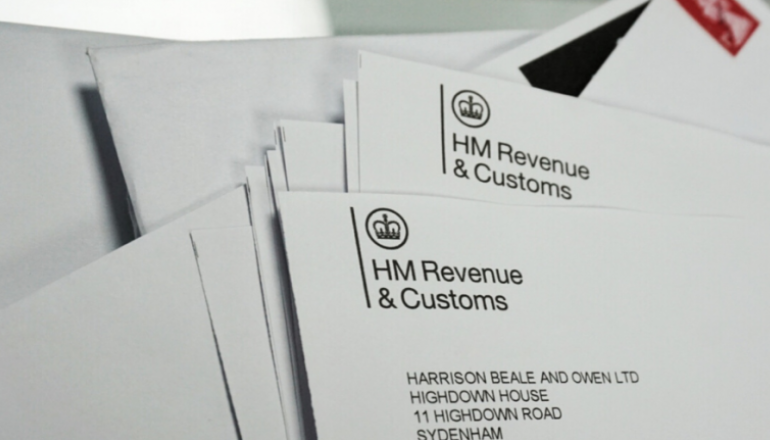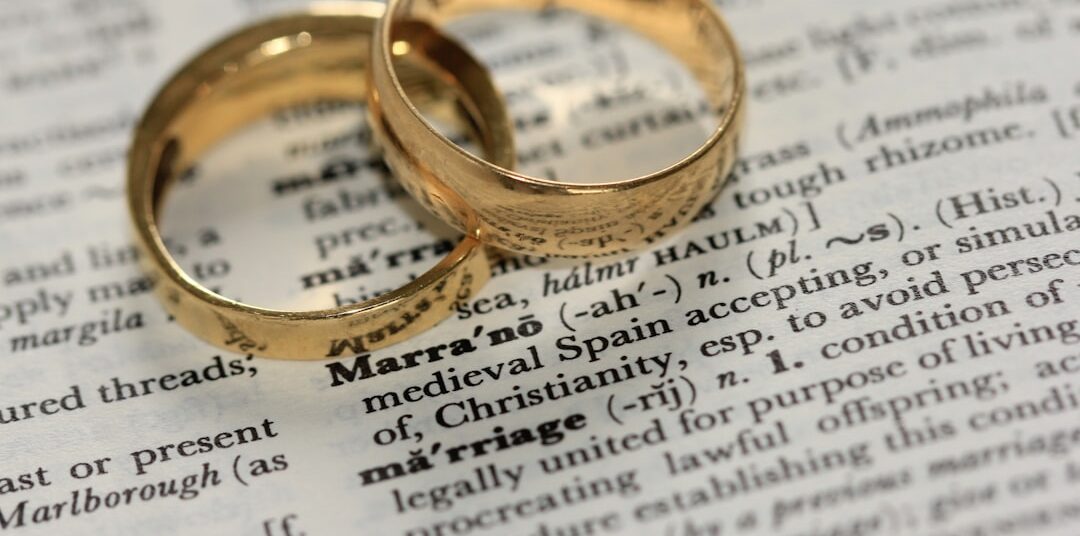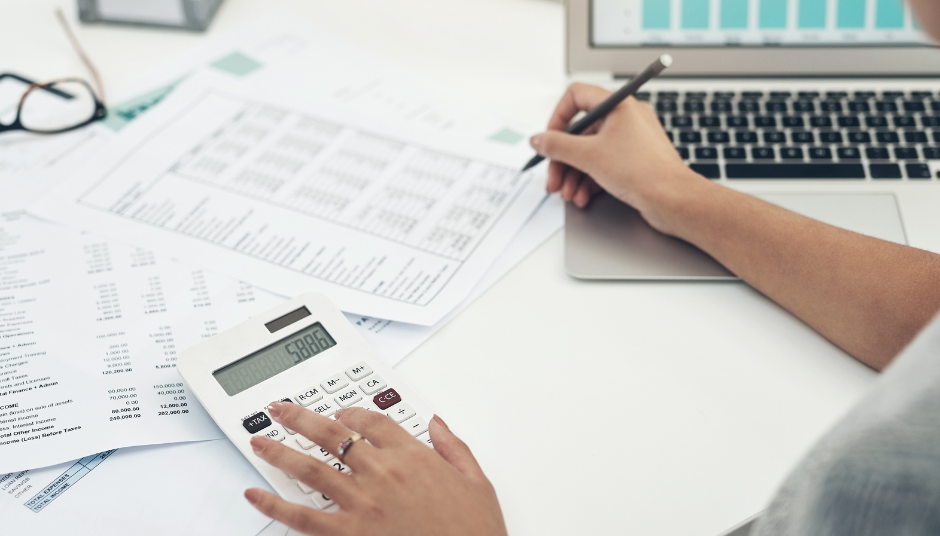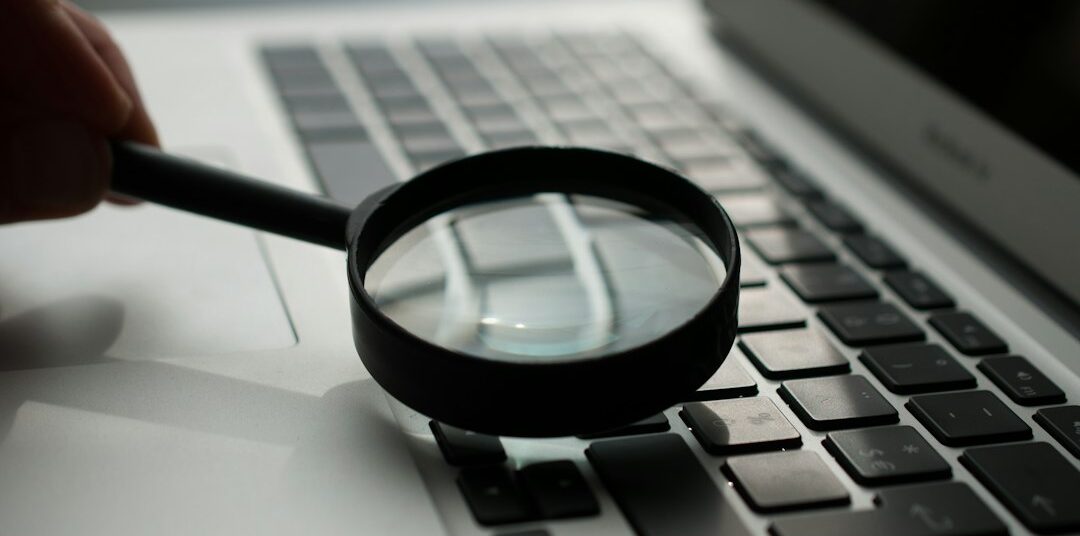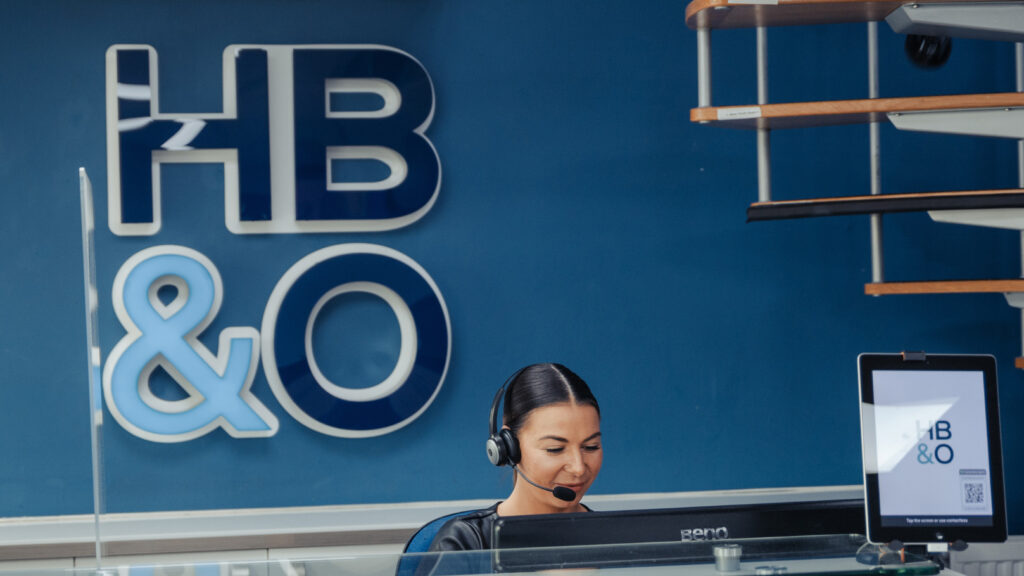February is prime time for scammers to up their game following the self-assessment deadline at the end of last month.
Over recent years, HMRC has pushed out communications saying they will only contact you via a letter if you are due a tax rebate or are required to make a payment, however, this hasn’t stopped the scammers.
There are signs you can look for to help spot possible bogus communication from HMRC, which we’ve outlined below.
What are the signs of a fake letter and how do I avoid falling foul?
Letters asking you to ‘act immediately’
If it’s the first time you’ve heard from HMRC about an ‘urgent payment’, it’s likely to be a hoax letter. HMRC will rarely demand payment within a short time frame. Instead, they will give you details on how to contact them to discuss a genuine late payment and a way forward.
Incorrect HMRC addresses, both email and postal
Cross-checking addresses on the letter with those on GOV.UK website can help you to spot inconsistencies. We recommend that you get into the habit of doing so with every letter you receive.
HMRC has published a list of known fraudulent addresses and genuine contact details so it’s a good place to start. You can find their office addresses and telephone numbers on GOV.UK too to check that they match up.
Letters that ask for your bank details or give bank details for payment
HMRC has a couple of verified bank accounts and a letter that details any alternative accounts is an immediate red flag. Always err on the side of caution when money is requested and contact HMRC using the details on their website to discuss the contents of the letter.
What should I do if I suspect a letter is fake?
If you receive a letter from HMRC, even if it’s one not demanding payment, follow the above steps in the first instance. We’d also suggest contacting your HB&O advisor before taking any further action.
It’s advisable to email the details of the suspicious letter to [email protected] so they are aware of the possible scam.
Remaining vigilant is key and adopting a few new habits could make all the difference.
If you have any further questions about spotting bogus communications or think you may have received a fake letter, contact us today on 01926 422292.
